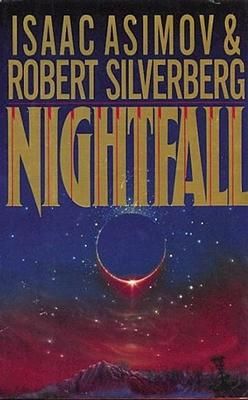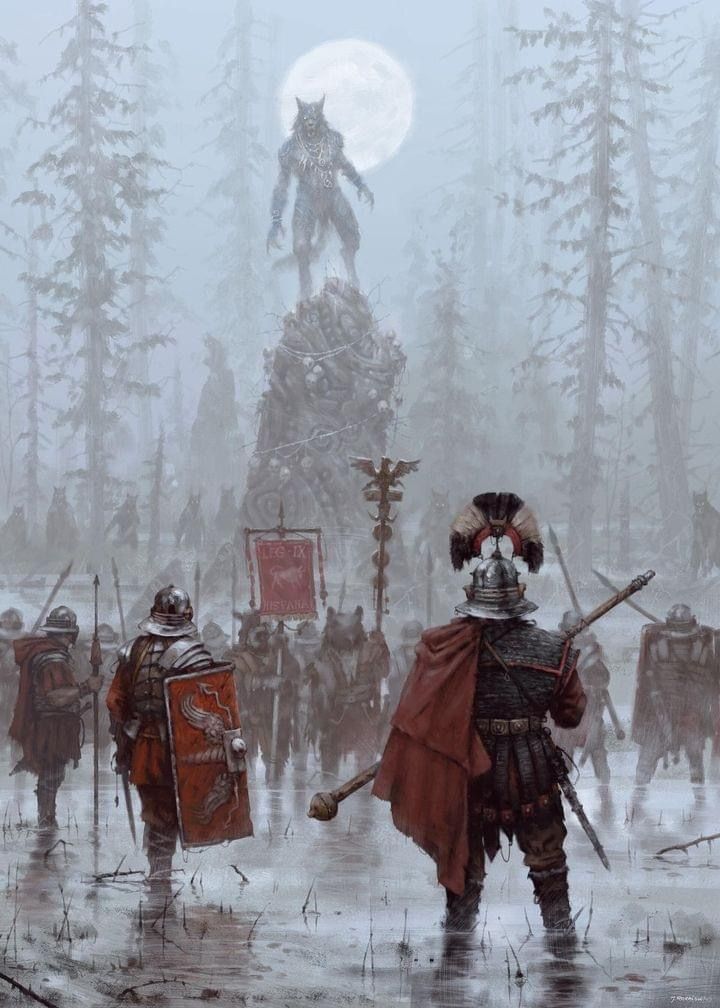Mildly interesting
-
@George-K What happens to wild horses and their feet?
@taiwan_girl said in Mildly interesting:
@George-K What happens to wild horses and their feet?
https://www.horsesandus.com/how-do-wild-horses-maintain-their-hooves/
-
Thanks, George. Interesting read.
It appeared that the horse having the large amount removed from the hoof did not mind what was being done. Does a horse sense that the Ferrier is a friend and therefore stands still? Or, does the Ferrier tie up the horse so it cannot move? I'm speaking mostly to the horse in the video clip, that had run wild for a couple of years. You (generic you) would think the horse would be continuously pulling away and getting angry at what was being done.From the article:
"If horse’s hooves are not trimmed, hoof overgrowth will occur. This will affect the horse in ways most people don’t suspect. It can lead to cracked or contracted hooves, thrushy frog, chalky sole, fractured quarters, demineralized coffin bone, inflamed joints, deformed bones, strained tendons and ligaments, muscle pain in the entire body, and more."
And that is (sometimes) why horses lay down, their feet hurt! -
@Copper The andromeda galaxy is bright enough to see with the naked eye. You just need to be in very dark skies far away from city lights.
But, it is not quite bright enough to see the extent of its size or very much detail. It's very "fuzzy" looking.
A nice telescope will show some detail and dust lanes. but nothing like what you see in that photograph.
You probably remember this photo. I took a 9 panel mosaic of it about 20 years ago.
The center panel was of the core of the galaxy and was the first of the 9 panels. It was at the time, a rather groundbreaking photo. Even earned a spot in the 2004 Sky & Telescope Magazine's calendar. Up until this photograph was taken, nobody had ever imaged the core with such detail.
-
Even here in an (almost) rural town, I'm lucky if I can see the moon and a relative handful of stars. Sad.

@Copper said in Mildly interesting:
Even here in an (almost) rural town, I'm lucky if I can see the moon and a relative handful of stars. Sad.


-
-

https://www.bbc.com/culture/article/20160908-the-language-rules-we-know-but-dont-know-we-know
(and, @Aqua-Letifer that article gets into poetry a bit)
Best comment: "And you always have the option to add 'fucking' before the first adjective."
Related

-
Some rules we really should know. It’s surprising and dispiriting how many English people don’t know the rules of stress, because that’s how all our poetry works. It’s quite easy really, and we can hear it in other languages. Everyone knows that Italian has rhythm, it goes MAM-a MI-a BUON-a SER-a. But so does our language. And that’s how verse works.
Sort of. We've softened up quite a bit. There are a handful of other ways to denote stress. We used to, for example, say the stressed syllable twice as LONG, in addition to twice as loud. And now, the twice as loud thing is going away somewhat, too. Romance language influence.
-
Johnny Cash was approaching 30?! Holy Crap, he was like that guy in the Matt Damon movie that was born an old man and got younger!
-
It says he's 37 on the cover. Then again, it says Hendrix is 28 and he's a member of the 27 club.
-
Caledonian Forest 120 AD
" Written by Titus Ursus, Primus pilus of Legiō IX Hispana, in the third year of Hadrian's reign (* 120 AD). This will probably be the last papyrus and entry in my diary. Our legion was ambushed in the wild realm called Caledonian Forest and was almost completely annihilated. Half of my first cohort is all that was left of the IX legiō. We were pushed into the marsh and we will probably die here, fighting bravely to the end in the name of Rome and the Emperor. We were attacked by a demonic pack of the barbaric Picts. They looked more like wild beasts than humans. Some of them were dressed in animal furs, painted with strange runic signs... others seemed to be two-legged wild beasts. They tore us apart as if we were made of paper! I saw our legatus and my brothers in arms being eaten alive, I will never forget their screams. The barbarians attacked us unnoticed, quickly and with wild fury, then disappeared in the fog. Mainly at night. Our shields, swords and armor were no use here. The enemy we face seems to be the ancient wrath of some dark gods we have awakened. We should never invade these lands. I hear demonic howls, they're coming! They're coming! "
Scrap of the papyrus written by Centurion Titus Ursus. Found in October 120AD in the Caledonian Forest. Taken to Rome, where it was presented to the emperor and then burned. Two years later, Emperor Hadrian ordered the construction of a wall on the border of the land called Caledonia, in north Britannia.
A story and illustration by Jakub Rozalski
~Marcius






